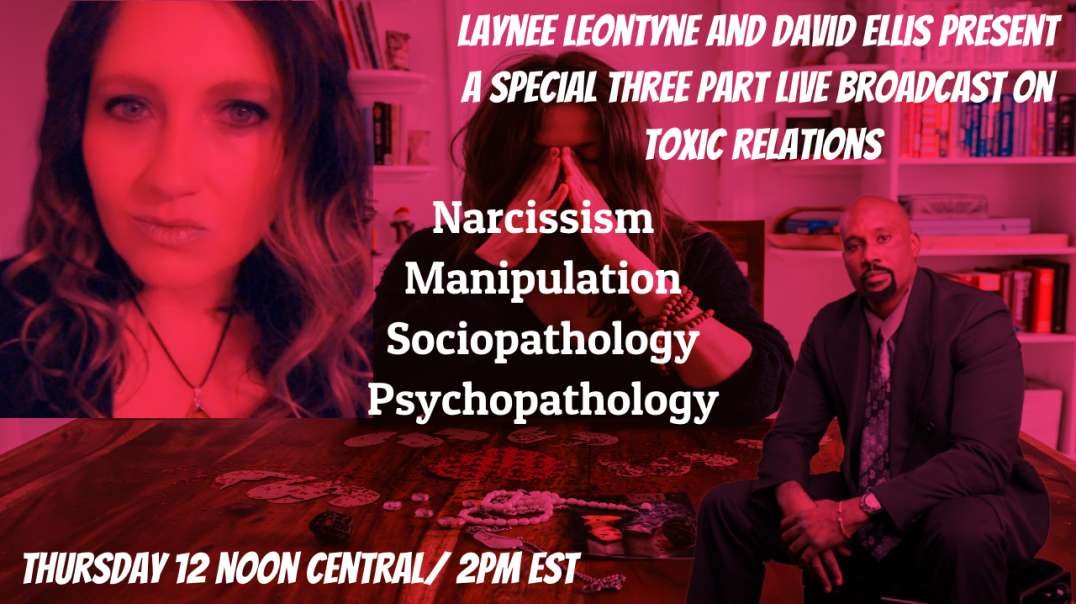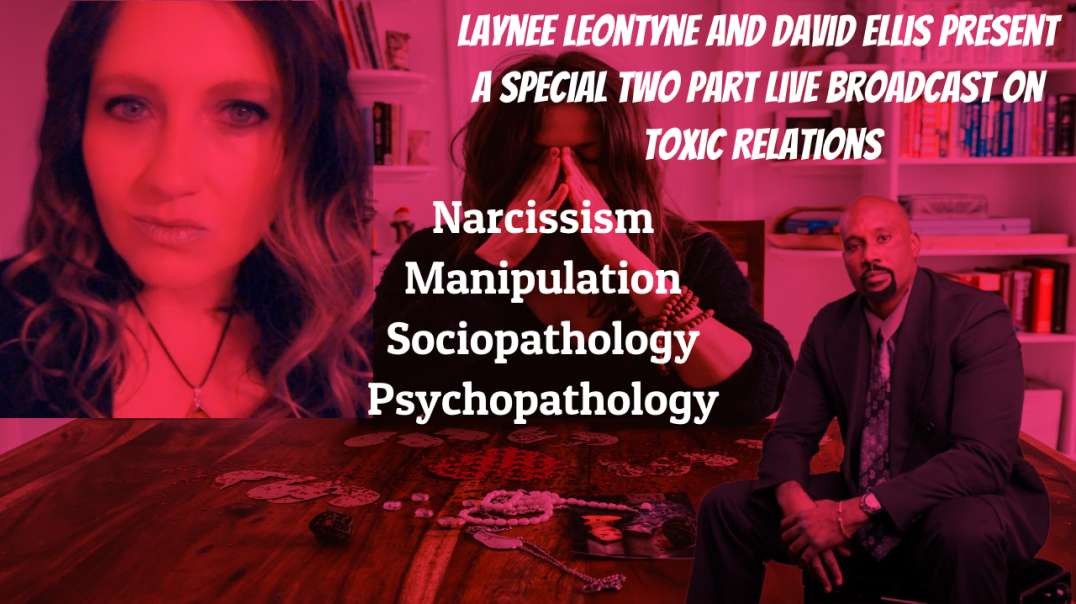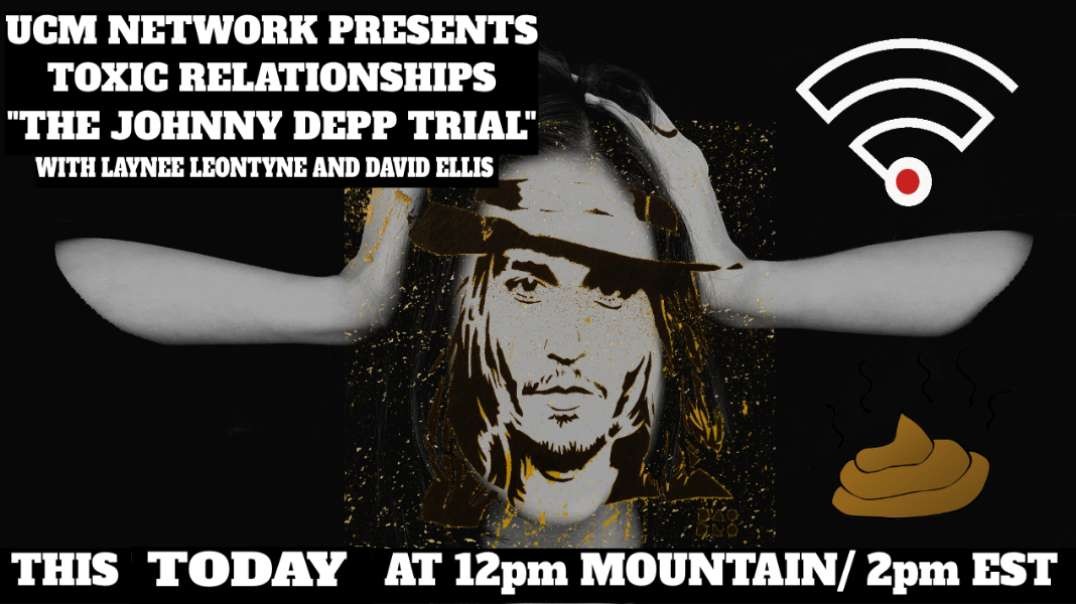Attachment Theory and Adult Relationships Reducing Abandonment Fears in Counseling
Explore the impact of attachment on relationships SUBSCRIBE and click the BELL to get notified when new videos are uploaded Unlimited CEUs 59 based on these videos at a https 3A 2F 2Fallceus com a for social work counseling marriage and family therapy addiction counseling case management pastoral counseling and more Want to chat with me Join me at a https 3A 2F 2Fmembers docsnipes com 2F a For 10 month you get access to my tips for health and wellness and you can text chat with me privately CEUs are available for this presentation at AllCEUs a https 3A 2F 2Fwww allceus com 2Fmember 2Fcart 2Findex 2Fproduct 2Fid 2F517 2Fc 2F a Want to listen to it as a podcast instead Subscribe to Counselor Toolbox Podcast Attachment behaviors such as crying and searching were adaptive responses to separation from with a primary attachment figure someone who provides support protection and care Erikson postulated the periods of trust vs mistrust and autonomy vs shame and doubt during this same time period Maintaining proximity to an attachment figure via attachment behaviors increases the chance for survival From this initial relationship we learn How scary or safe the world is What it is like to be loved What is Attachment Theory The attachment system essentially asks the following fundamental question Is the attachment figure nearby accessible and attentive If the answer is yes the person feels loved secure and confident and behaviorally is likely to explore his or her environment interact with others If the answer is no the person experiences anxiety and is likely to exhibit attachment behaviors ranging from simple visual searching to active following and vocal signaling on the other These behaviors continue until either The person is able to reestablish a desirable level of physical or psychological proximity to the attachment figure Until the person wears down Impact of Attachment How loved or unloved we feel as children deeply affects the formation of our self-esteem and self-acceptance It shapes how we seek love and whether we feel part of life or more like an outsider As we individuate we often again seek approval Does it Stop After Infancy Maybe yes maybe no Consider the child that regularly did not get needs met Persisted with attachment seeking behaviors Those behaviors were eventually rewarded so they will happen again or not so the child stops seeking comfort from others How does this impact Self-esteem Trust in others Future relationships Does it Stop After Infancy Maybe yes maybe no Consider the adult who got needs met as a child but in adult relationships regularly does not get needs met What role do significant others play in the survival of the adult human Think about Erikson s stage of intimacy vs isolation Adult Attachment Theory 1987 Hazan and Shaver noted that the relationship between infants and caregivers and the relationship between adult romantic partners share the following features both feel safe when the other is nearby and responsive both engage in close intimate bodily contact both feel insecure when the other is inaccessible both share discoveries with one another both play with one another's facial features and exhibit a mutual fascination and preoccupation with one another If adult romantic relationships are attachment relationships then We should observe the same kinds of individual differences in adult relationships that Ainsworth observed in infant-caregiver relationships The way adult relationships work should be similar to the way infant-caregiver relationships work The same kinds of factors that facilitate exploration in children i e Having a responsive caregiver should facilitate exploration among adults i e Having a responsive partner Whether an adult is secure or insecure in his or her adult relationships may be a partial reflection of his or her experiences with his or her primary caregivers During infancy or later in life Triggers for Attachment Certain kinds of events trigger a desire of closeness and comfort from caregivers Three main sets of triggers Conditions of the person fatigue hunger illness pain cold etc HALT Conditions involving the caregiver Conditions of the environment AllCEUs provides multimedia counseloreducation and CEUs for LPCs LMHCs LMFTs and LCSWs as well as addiction counselor precertification training and continuing education Live Interactive Webinars 5 Unlimited Counseling CEs for 59 Specialty Certificates starting at 89 including attachment relationships abandonment mentalhealth better help talk space seven cups
-
Select a category






















There no comments on your videos ATM